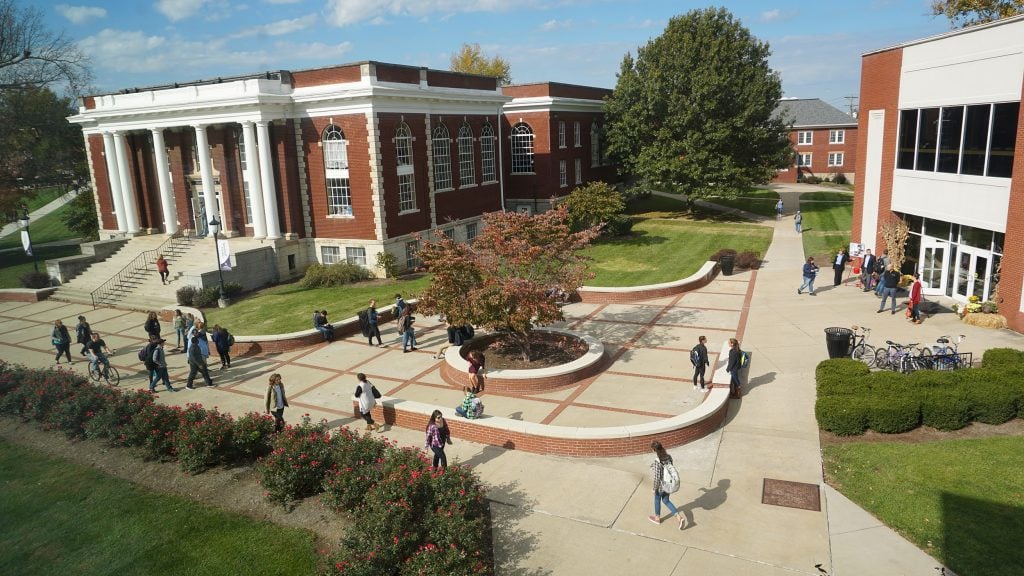According to legend, thousands of years ago the mighty King Croesus of Lydia consulted with the oracle of Delphi to determine whether he should battle the great Persian Empire. The oracle famously replied, “If Croesus goes to war he will destroy a great empire.” Assured, Croesus engaged the Persians in battle, only to have his army massacred. The oracle’s words proved true. The king’s decision for war destroyed a great empire. His own.
Login to read more
Sign in or create a free account to access Subscriber-only content.
